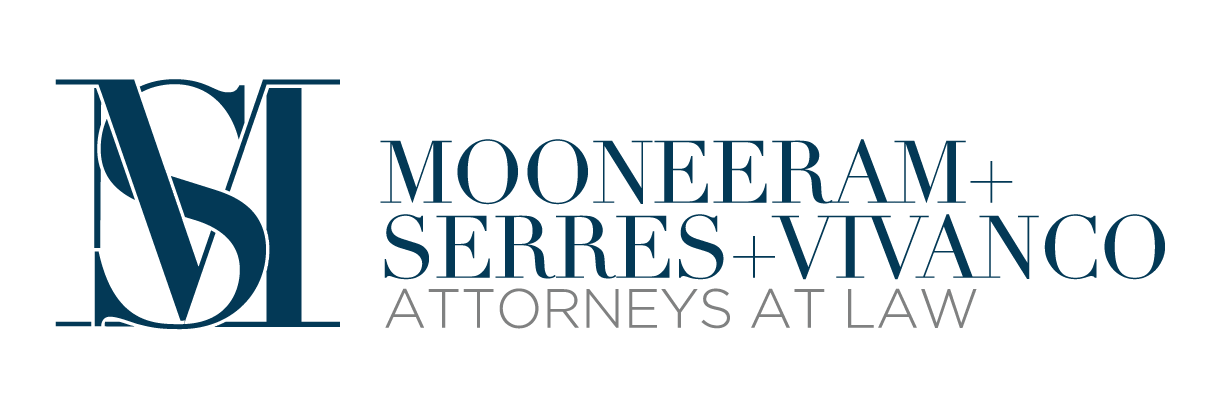Hurricane insurance in Florida is a necessity for residential and commercial property owners. Yet, when reviewing a particular offer or type of policy, it could be difficult to understand exactly what is covered by the policy and what coverage is offered. Further, many Florida residents aren’t familiar with the typical inclusions in a Florida hurricane insurance policy.
Wondering what should be included in your coverage? Here are three things that are typically covered in hurricane insurance in Florida and two that aren’t.
Covered: Damage from Strong Winds and Windstorms
There are two major sources of damage from a hurricane: rising water and forceful winds. The second of these events, forceful winds or a windstorm is typically covered by a hurricane insurance policy in Florida. This can include damage to the exterior of your commercial or residential property and often includes damage to your yard.
Here’s the catch, to make a claim under your Florida hurricane insurance policy, you typically need to show that a connected and clear chain of events caused the damage. Basically, you have to tie the damage to the hurricane, not other sources of damage to the property.
Not Covered: Landscaping and Outdoor Patios
Likely, your landscaping isn’t covered by hurricane insurance in Florida. This means the cost of repairing or replanting flower beds, trees, and even replacing outdoor patios falls to the homeowner. Claims for damage to landscaping are routinely rejected by Florida’s insurance companies. However, damage from a fallen tree probably falls within the policy’s parameters; provided you can show that it was knocked down by the hurricane winds.
Covered: Damage to an Outdoor Structure or Outbuilding
Other structures on your commercial or residential property are typically and generally covered by a homeowners hurricane insurance policy in Florida. This can include gazebos, covered garages, and backyard sheds.
However, you shouldn’t assume that this generality is always the case. There are a handful of insurance companies in Florida that routinely create coverage exclusions if these structures are of a certain size or purpose. Read your policy carefully and ask questions about coverage exclusions if you have an ancillary building on your property.
Not Covered: Flooding After the Hurricane Passes
When your homeowners insurance includes hurricane coverage, which is common in Florida, you are probably given protection for damage from rain and water during the hurricane itself. This doesn’t mean you are covered for flooding and rising water. Even when these events are a direct result of a Florida hurricane, they are often excluded by the policy, which comes as a surprise to many property owners.
Instead, you need to investigate a separate flood policy that will cover damage to your property from rising water.
Covered: Temporary Displacement and Hotel Accommodation
If a hurricane displaces you from a primary residence, then your policy likely covers the cost of a hotel or alternative accommodation. Very likely the parameters of this accommodation are specified in the policy. If you fail to follow the directives and requirements of the policy, then you may not be reimbursed these costs. So, it is essential to discuss and confirm your choice of accommodation or living arrangement before assuming it is covered.
Questions About Other Coverage?
If you have questions about other types of property or sources of damage, and whether it is covered by your hurricane insurance in Florida, you should speak with a Florida property damage lawyer. At Mooneeram + Serres + Vivanco, P.A., we offer a free initial consultation to help you answer some of these questions and determine if you need further legal support. Call us at (305) 847-9030 or send us an email with your questions to [email protected].
